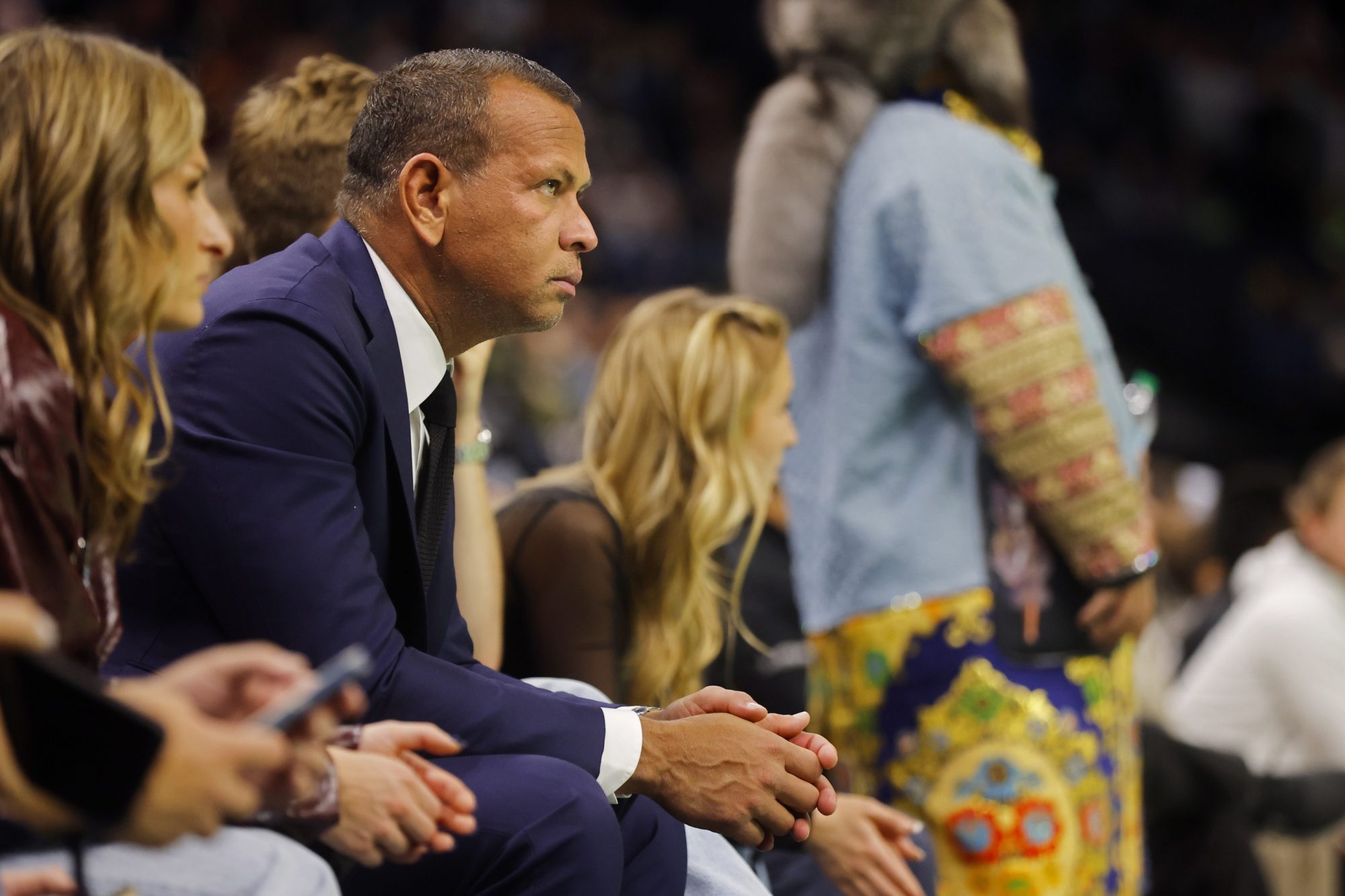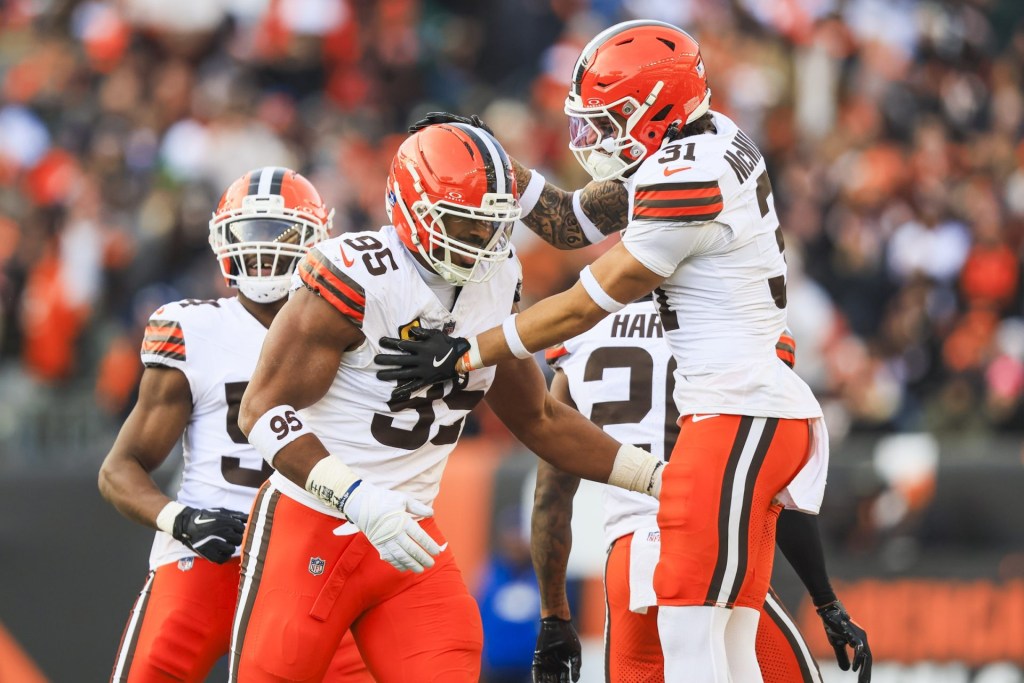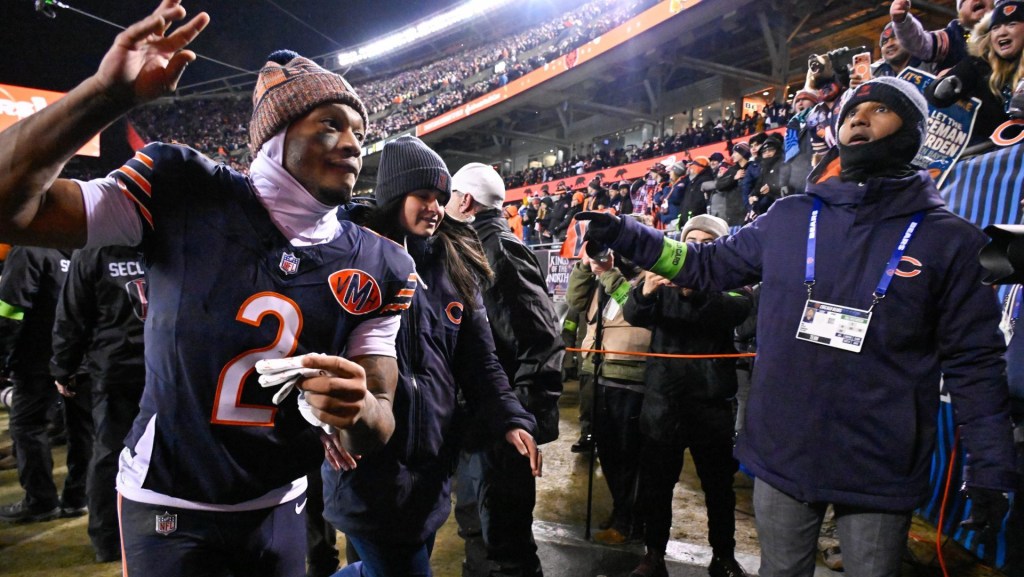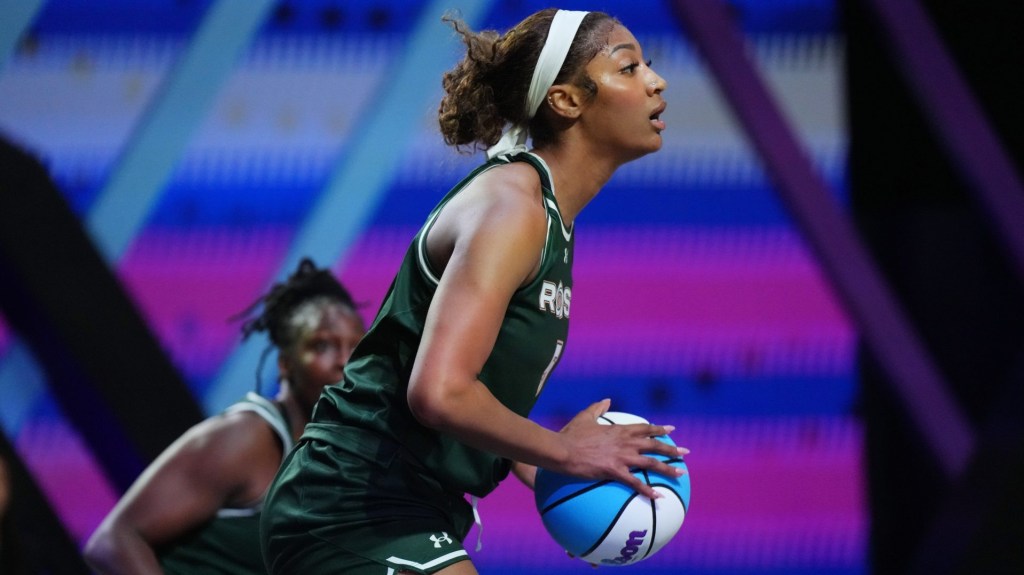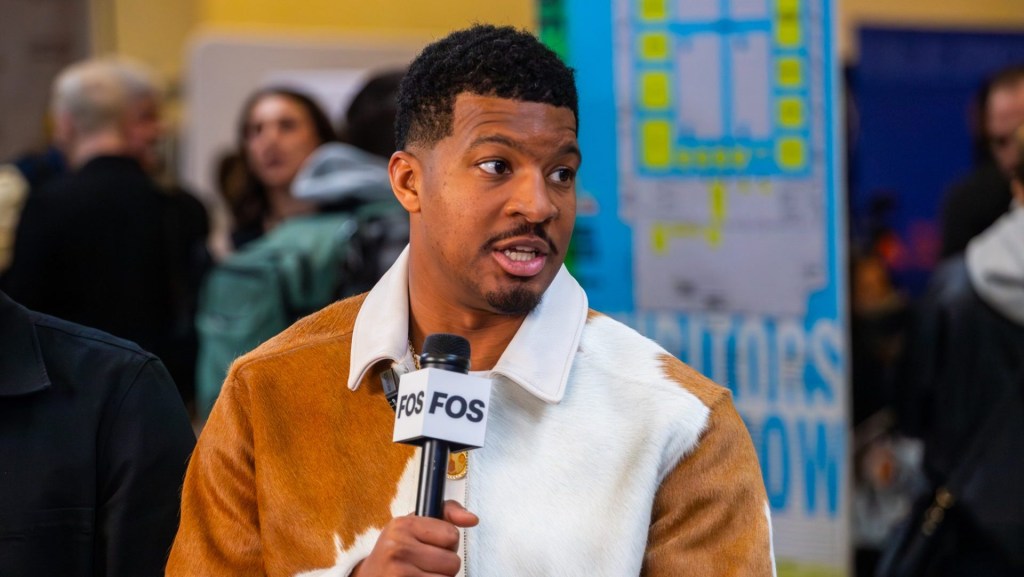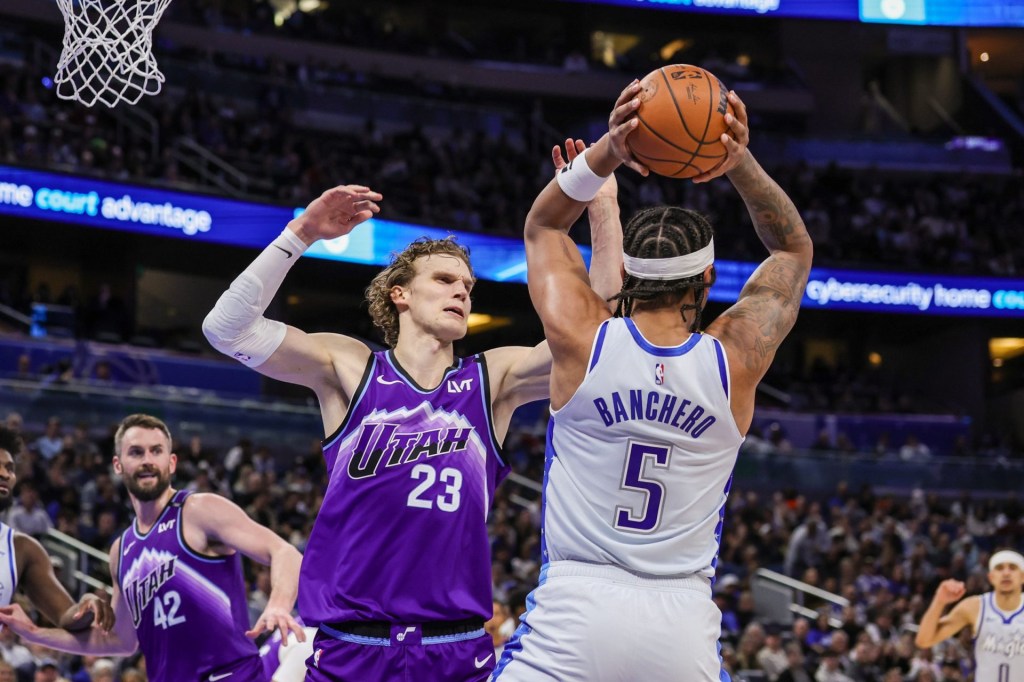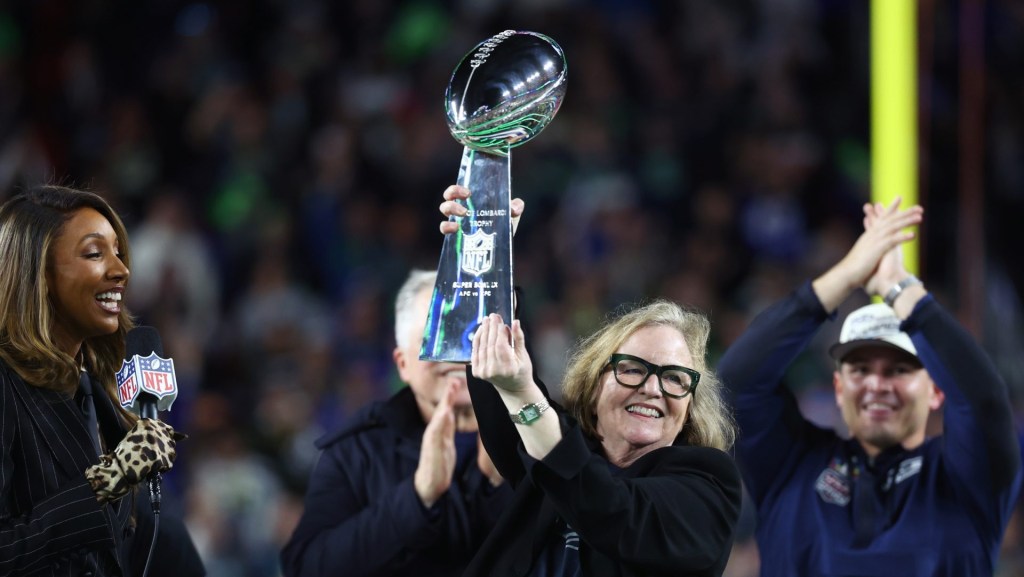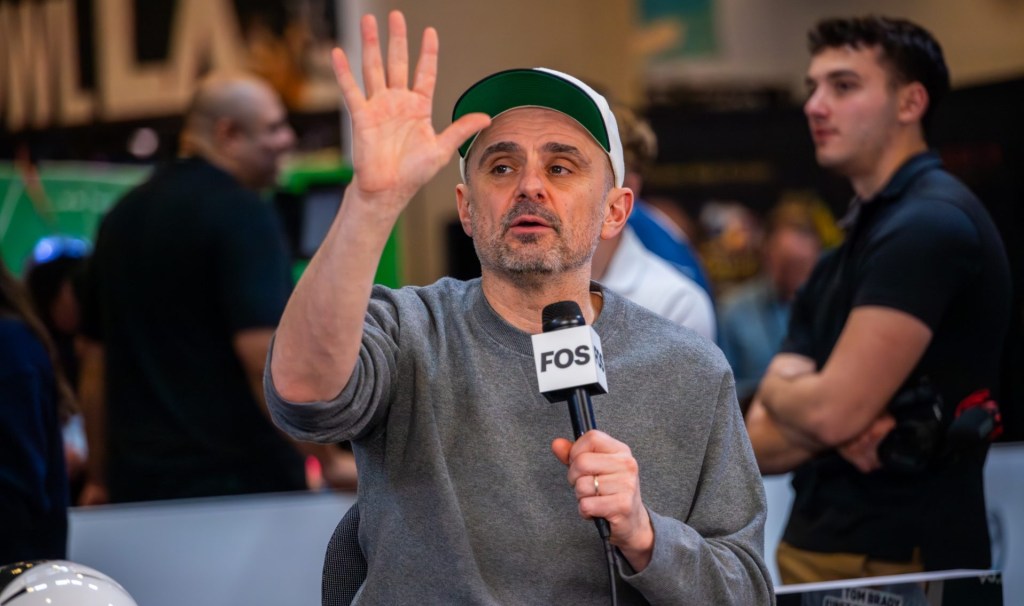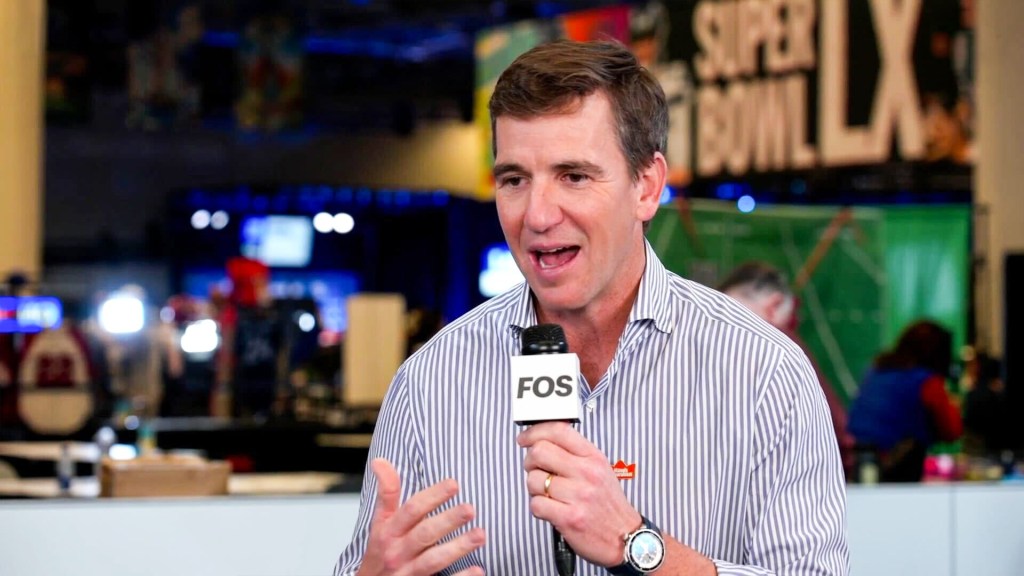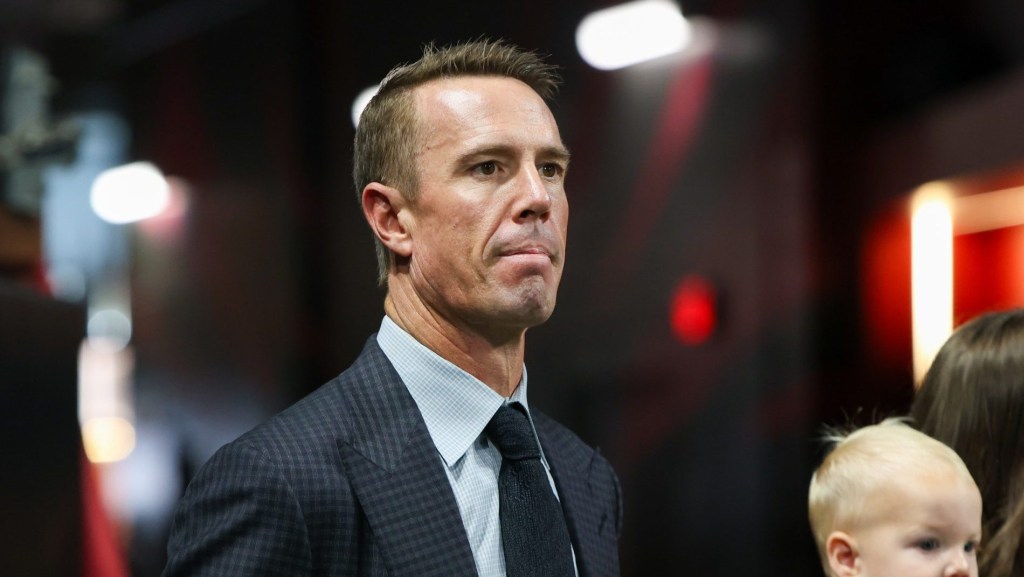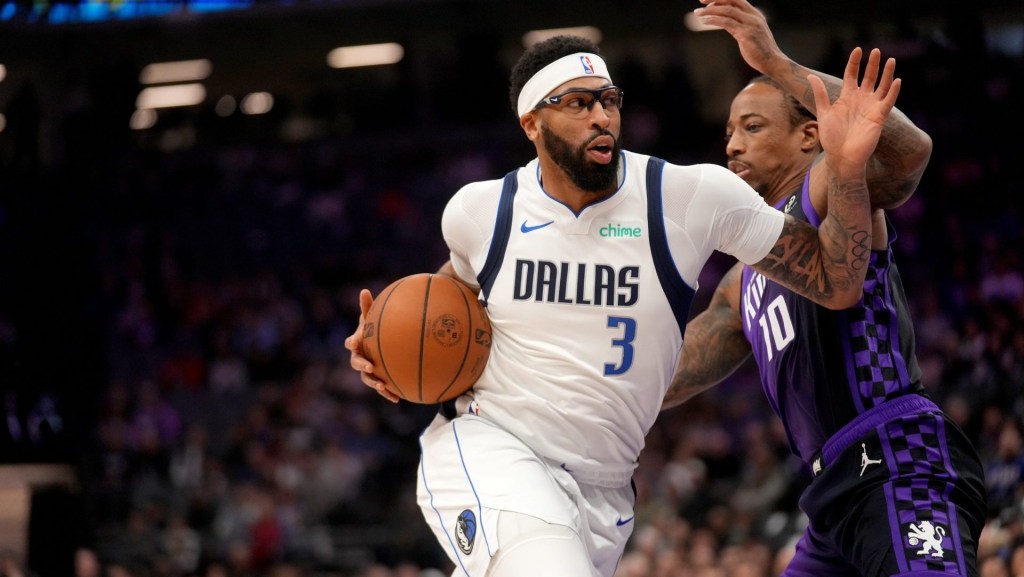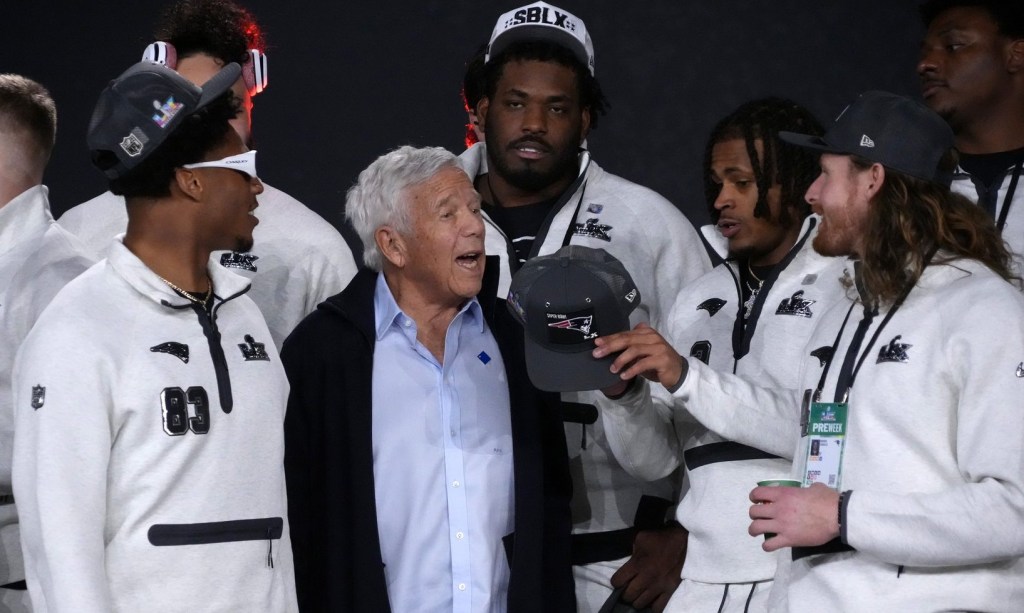Timberwolves and Lynx owner Glen Taylor said he’d “thoroughly” review an arbitration panel’s decision in the dispute over his ownership of the Timberwolves. It’s a signal that Taylor could seek a court challenge before relinquishing control.
In a 2–1 decision announced Monday, arbitrators ruled in favor of Alex Rodriguez and tech entrepreneur Marc Lore over Taylor’s allegation that the pair violated terms of the 2021 three-year succession plan. Had Taylor won the arbitration ruling, he would have successfully voided the sale of the team to Rodriguez and Lore and remained the controlling owner.
But now that Rodriguez and Lore won, they must seek approval from at least 75% of the NBA’s board of governors to gain full control of the team. Legal experts Front Office Sports spoke with said a court challenge to overturn the arbitration and stop the transaction would be difficult.
Raffi Melkonian, a partner at the Houston firm of Wright Close & Barger, said a lawsuit or a request for a temporary restraining order (TRO) is typically “unlikely” to prove fruitful.
“It’s very hard to vacate an arbitration award, so judges are disinclined to do anything other than confirm them,” said Melkonian, an experienced federal court litigator. “To get a TRO, you need to prove irreparable harm. You’d need to argue that owning the team is a unique good that can’t be compensated by money, and maybe a judge would buy that, but it’s as likely a judge would say that any harm can be compensated with money.”
A Timberwolves spokesperson referred to Monday’s statement when FOS asked whether Taylor could mount a legal challenge.
Sports law attorney Daniel Wallach said the split decision could signal “that the outcome here is subject to debate, even among three seasoned arbitrators.” And if Taylor asks the courts to review the arbitration, the case would likely be brought in federal court in Minnesota. That venue is part of the 8th Circuit, which Wallach said, while rare, the circuit has set aside arbitration decisions more often over the years.
One example: Minnesota federal judge David Doty, who is still on the bench at age 95, overturned the NFL’s suspension of then-Vikings running back Adrian Peterson over allegations of child abuse a decade ago.
“That is indicative of the fact that the final word doesn’t necessarily belong to the arbitrator,” Wallach said. “The federal court’s grounds for reviewing or reversing an arbitration award are fairly limited.”
He added: “The 8th Circuit in particular recognizes several additional bases for challenging arbitration awards, including finding that the decision is ‘completely irrational.’ That would open up Pandora’s box since it’s a catchall that allows the federal court some flexibility.”
Rodriguez and Lore have been meeting with owners in recent months to help secure an endorsement, which is their biggest remaining hurdle. They won’t get the team without a majority vote, and Taylor, who is a former chairman of the board of governors has a longstanding relationship with commissioner Adam Silver, which is why the duo has sought an audience with other owners.
Taylor would have an uphill battle if he seeks to challenge the arbitration panel’s decision in court—and there are plenty of examples in sports over the years that illustrate the challenge.
- NFL commissioner Roger Goodell assessed Tom Brady a four-game ban for his role in the Deflategate scandal before the 2015 season, a decision that was reversed by a federal judge and Brady was able to play the whole season. An appeals court, however, overturned the initial ruling and upheld Goodell’s authority as the NFL’s chief arbitrator.
- Before his second season with the Dallas Cowboys, Ezekiel Elliott was suspended by Goodell for the first six games of the 2017 season. A league-appointed arbitrator upheld Goodell’s decision, but the ban was put on hold twice by two federal district court judges before each was overturned on appeal. Elliott began serving the suspension in Week 10 of the 2017 season.
- Jon Gruden sued the NFL and Goodell days after he resigned under pressure following racist, homophobic, and misogynistic emails that were published in October 2021. The NFL sought to compel the case to arbitration, a motion that was denied by a Nevada judge in October 2022. The NFL, however, was able to get the lower court’s decision overturned by a three-judge panel of the Supreme Court of Nevada last May. Gruden was granted a hearing in front of the full Nevada Supreme Court, which has yet to be scheduled.
Those cases show that while a court challenge can delay an arbitration decision, the NFL’s arbitration language in its collective bargaining agreement with the NFL Players Association and the NFL’s constitution and bylaws was ultimately upheld.
University of Buffalo sports law professor Nellie Drew said federal arbitration policy “limits review of an arbitrator’s decision” and the reasons to overturn an award are typically limited to whether the decision came as a “result of fraud or deceit, or there was evidence of arbitrator misconduct.”
“Courts will generally defer to the arbitration outcome,” Drew said.
The NBA’s arbitration process hasn’t been challenged nearly as much as the NFL’s.
While Silver vowed to hold an ownership vote that likely would’ve led to an arbitration battle with then-Clippers owner Donald Sterling in 2014, his wife, Shelly, was successfully able to declare her husband mentally unfit after his racist remarks became public. That declaration allowed Shelly Sterling to take control of the Sterling Family Trust and negotiate a $2 billion deal to sell the Clippers to Steve Ballmer.
Donald Sterling was eventually denied an appeal over a lower court’s ruling that Shelly Sterling acted properly to remove her husband’s authority under the trust. Shortly after that August 2014 decision, Ballmer officially took over the Clippers.
In September 2022, the NBA suspended then-Suns owner Robert Sarver for a year and levied a $10 million fine after a league probe found Sarver “engaged in conduct that clearly violated common workplace standards.” But instead of fighting through the NBA arbitration system or in the courts, Sarver chose to sell the Suns and Mercury to billionaire Mat Ishbia in late 2022.
